Text
Minimalism: A Documentary About the Important Things
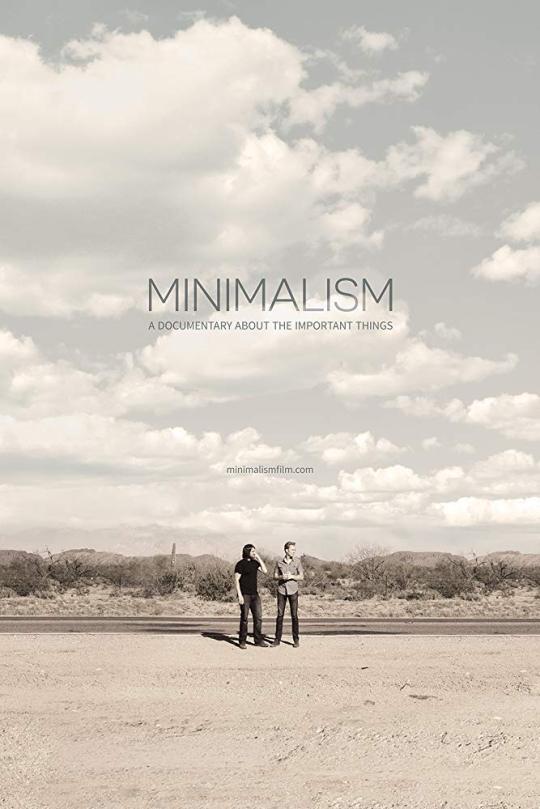
At best, it feels inspiring and profound. At worst, it’s superficial, pretentious, and preachy.
My absolute first introduction to minimalism, and I imagine for most people. It’s slick, well made, with all the dramatic music and profound words spoken by important looking people. You’ll leave feeling good. It’s like a motivational speaker.
But study it. Strip away the music. Think about what’s actually being said. There’s nothing to it. It’s a 78 minute promotional video. Not a deep drive documentary into the nuances of minimalism. There’s no advice here. No tips. No guides. Nothing of real value which is really fucking ironic since they’re always preaching that minimalism is about the “important things”. It’s even in the goddamn title.
There’s a strange contradiction that keeps showing up. First the two narrators talk about how they left their big houses and 6 figure jobs. Then there’s another guy who used to be a CEO who is now traveling with two duffel bags. What are you trying to say here? That you weren’t happy and now you’re traveling the word to find yourself? How fucking pretentious.
Minimalism is about the important things: friends, family, having a meaningful life. But these guys have turned it into a feel good seminar. Like their book, it’s painfully surface level.
I’ll say one good thing about this: it is inspiring. You do leave feeling good. And it’s done an okay job at introducing the mainstream to minimalism. However, if you or anyone at all is interested in minimalism, read or listen to “Goodbye, Things”. You’ll get 10x more advice in a few pages than these entire 78 minutes.
Recommended if you’re serious about minimalism? No.
Recommended if you’re new? Yeah, it’s not gonna hurt.
0 notes
Text
Happy Money: The Science of Happier Spending
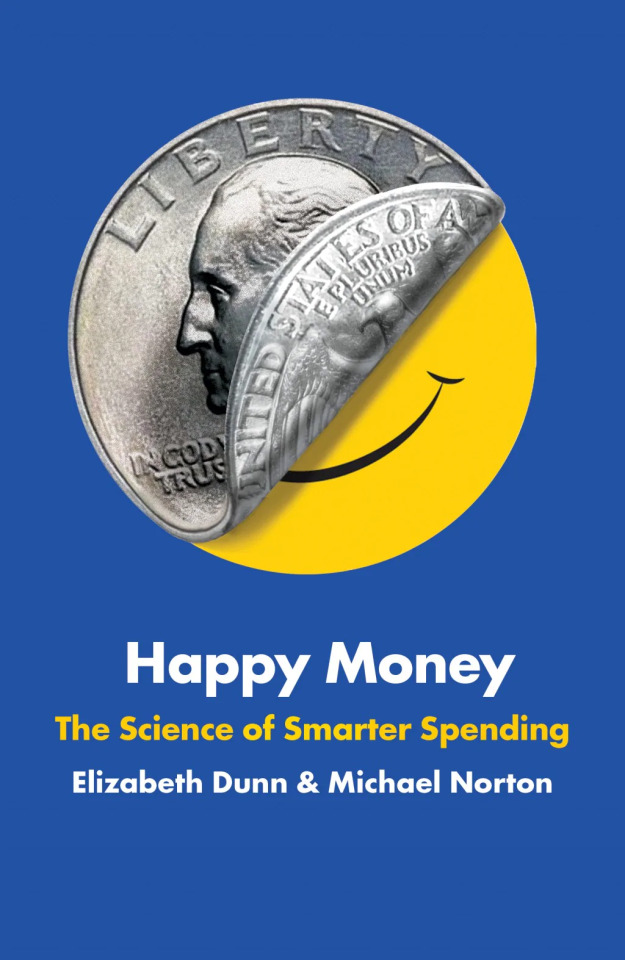
You’re not buying stuff anymore so what’s there to spend on?
Like “Lost Connections”, this isn’t directly related to minimalism. Those other books are to guide you on the journey, but what do you do when you get there? The principles, backed by science, are simple:
Buy experiences.
Make it a treat.
Buy time.
Pay now, consume later.
Invest in others.
If it isn’t obvious, all 5 ideas have nothing to do with material goods.
Recommended? Yes.
1 note
·
View note
Text
Lost Connections: Why You’re Depressed and How to Find Hope
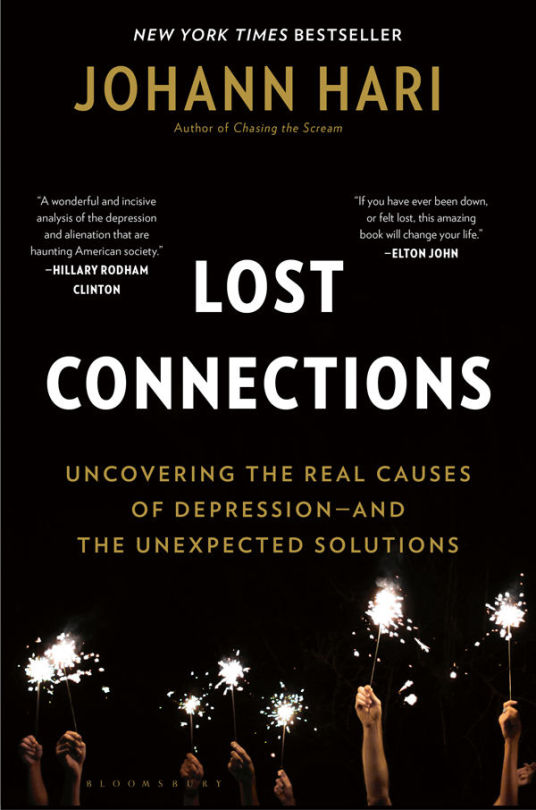
When you’ve got nothing, all that’s left is yourself.
Isn’t the point of minimalism to emphasize what really matters? Friends, family, experiences, making a difference, having a fulfilling life? Marie Kondo will teach you how to tidy but what’s left after your house looks like you’ve just moved in?
Lost Connections looks at what’s causing the pandemic of depression today. It’s not a dry, academic approach. Johann Hari has a knack for drama, showing off in his pace of writing. The causes range from soul crushing jobs, lack of close friends, a culture that tells you to keep buying, and much more. If you’re at all depressed, you’re going to find this book very relatable, even difficult to read. I had trouble continuing sometimes because it felt so close to home.
Recommended? Yes.
1 note
·
View note
Text
The Life-Changing Manga of Tidying Up: A Magical Story
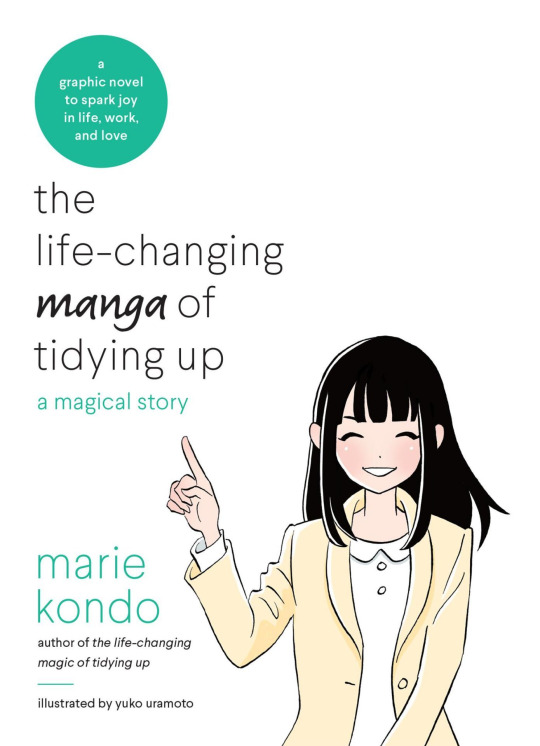
An entertaining warm up to Marie Kondo’s main book.
If you don’t want to read Marie Kondo’s book but still want her ideas, then do this. I’d even recommend this first if you plan to tackle her main book because it serves as a warm up. It’s wrapped in an comic book about a woman who hires Marie Kondo to tidy up her apartment. They go over her famous five categories, separating the story’s chapters by them. The art style is pleasant, the story is fine, and you can chew through it in an hour or two.
Recommended? Yes.
3 notes
·
View notes
Text
Digital Minimalism: Choosing a Focused Life in a Noisy World
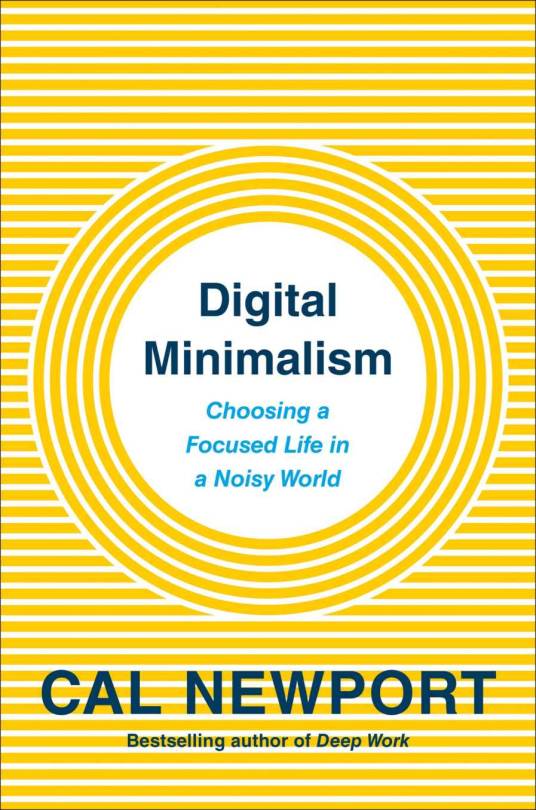
Practical advice and insight to declutter your relationship with technology.
Unlike other minimalism books that mostly tell you to toss your stuff, this is about the baggage in your relationship with technology, especially the computer in your pocket. And unlike other authors, he didn’t discover minimalism yesterday and is writing a book to preach about it, he’s an actual professor and researcher.
One particular thing is to move away from passive entertainment like Netflix. He encourages you to discard your passive, screen based entertainment for something more physical, hands on, and dirty. Instead of binging Netflix, try changing your car’s oil this weekend. Anything that isn’t bright lights in your face.
A large part of the book talks about our relationship to smartphones, for obvious reasons. Something that sticks out is how whenever we’re bored, at the slightest hint of downtime, we reach for our phones for a hit of dopamine from Facebook likes and endless scrolling. Here, the author tells you just fucking stop liking and commenting. Really. Just stop.
Recommended? Yes.
0 notes
Text
The More of Less: Finding the Life You Want Under Everything You Own
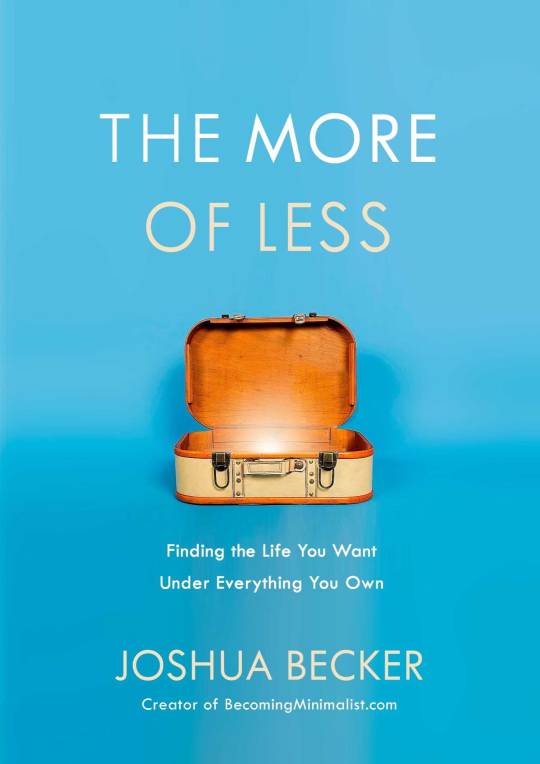
How about more practical advice and less preaching?
What the fuck is it with minimalists and preaching? They discover minimalism and go on and on about it, loving the sound of their own voice. And they ironically miss the point of minimalism: don’t waste my fucking time. Hell, they even preach about how minimalism emphasizes the sacredness of your time.
And yet they’ll happily waste 6 hours, 43 minutes of it.
Half the book is the author unable to contain himself about how wonderful minimalism is, and the other half is some practical advice sprinkled here and there buried under more lecturing. Can’t remember a single line of advice. Even had to play this at 1.5x speed because the guy talks so slow.
Recommended? LOL, no.
0 notes
Text
The Life-Changing Magic of Tidying Up: The Japanese Art of Decluttering and Organizing
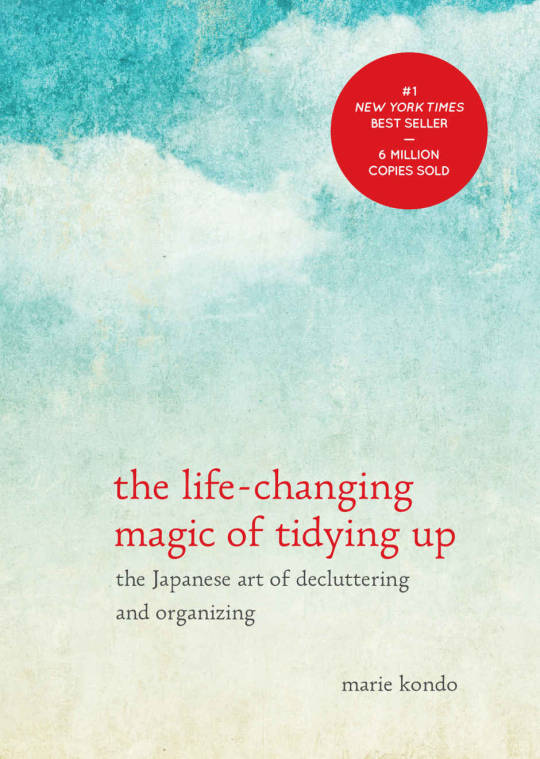
Direct, practical advice on how to declutter and stay decluttered.
While her Netflix show is pretty boring, her actual advice is something to love. Similar to “Goodbye, Things”, Marie Kondo’s writing is direct and humble (sometimes a little dry). She doesn’t preach on and on about the greatness of being tidy. She knows you want to be tidy. That’s why you’re reading her book.
She lays out her famous five categories (clothing > books > paper > komono > sentimental) and expands on each, sprinkling in childhood stories and client examples. You can actually see her advice in other minimalist books because they have discovered the same thing under different names. For example, other books recognize to not let sentimental items distract you. Sometimes they’ll even literally mention her. However, none are as precise and organized as Marie Kondo, instead burying it under their inability to get to the point.
Recommended? Yes.
0 notes
Text
The Gentle Art of Swedish Death Cleaning: How to Free Yourself and Your Family from a Lifetime of Clutter
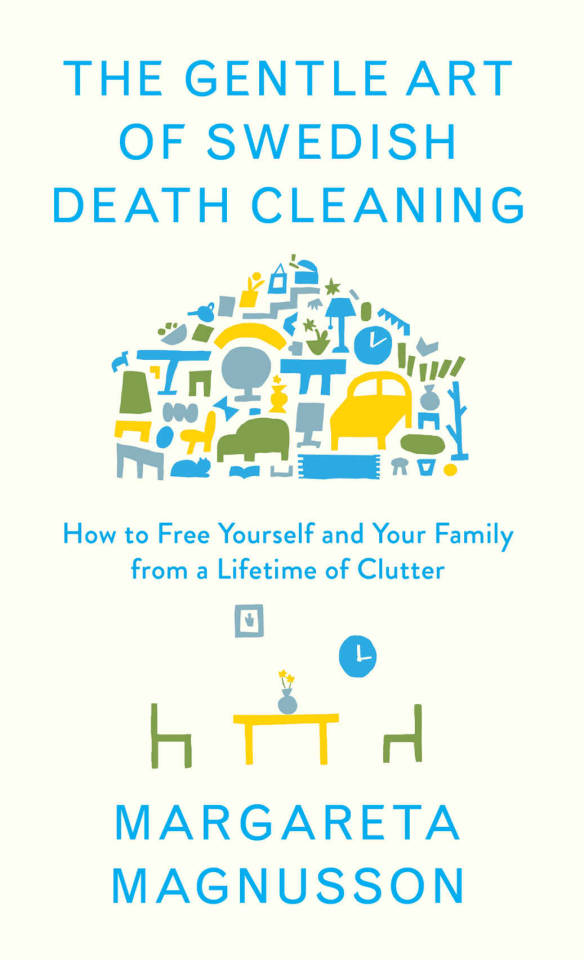
Declutter your stuff before you die so your family doesn’t have to deal with it.
That’s it. That’s the single point of the book drawn out over 2.5 hours in between the author’s personal stories and some examples. It feels like your grandmother telling you stories to make a point, but that’s actually what it needed more of. More horror stories of people dying and leaving their families with an exhausting hoard to clean up which I expected. And there’s very little practical advice even though the title has “How To” in it. The book is slightly more entertaining than the preachy garbage that’s “Minimalism: Live a Meaningful Life”, but it’s not worth your time.
Recommended? No.
0 notes
Text
Minimalism: Live a Meaningful Life
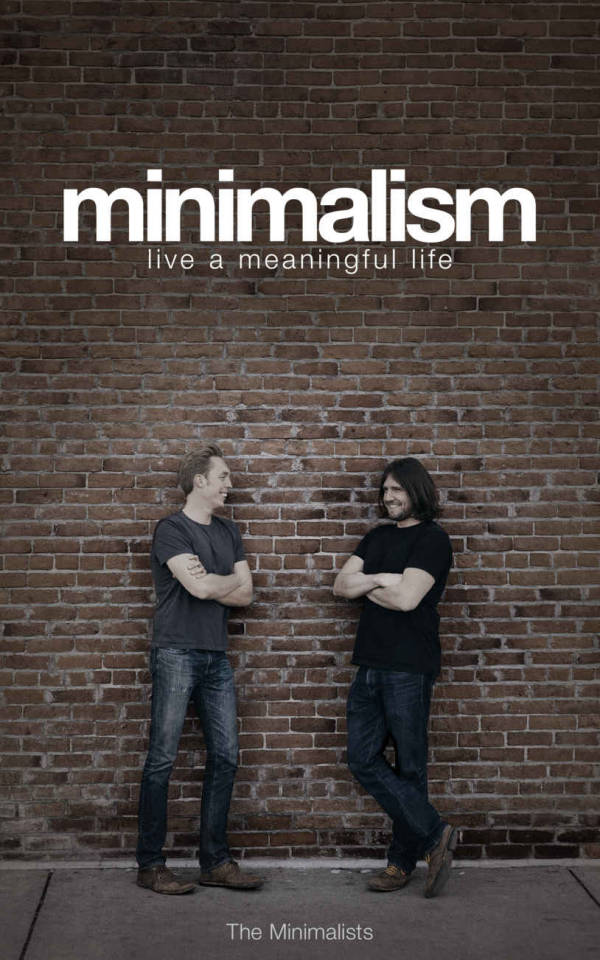
Preachy, pretentious, vague, touchy feely garbage. Absolutely useless.
What a waste of my 3 hours.
Their documentary is pretty good. It’s inspiring. But I can’t say the same for their book. First, the narrator has a nasally voice, sounding like he’s reading a textbook in his high school English class out loud.
But my real issue with the book is just how fucking useless it is. Yeah, there’s “advice” but it’s no better than telling a fat person “Yo, just exercise and eat healthy”. Wow, thanks. Imagine that reply, but as a whole book.
Early on, they intercept the criticism that minimalism is just for a buncha young white dudes with money, saying it’s for everyone. I agree, it is. But then the rest of the book goes on to prove their critics right. Talking about downsizing from a big house to a small apartment, quitting their six figure jobs, traveling around the world to preach minimalism.
And it is fucking preaching. Unlike “Goodbye, Things”, there is no list of hard, practical tips. There are no deep, nuanced insights. It’s just vague, feel good trash. It’s basically “HURR HURR MINIMALISM GOOD, YOU DO”. Yeah, I fucking know minimalism is good. Don’t just tell me how great it is. Tell me how. The whole book is stunningly surface level, and half the time they tell you to visit their website.
Recommendation? No.
2 notes
·
View notes
Text
Goodbye, Things: The New Japanese Minimalism
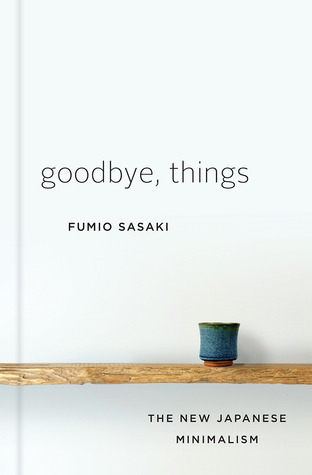
Practical and insightful. The single best start to minimalism.
“Where should I start with minimalism?”
This is always my answer. Of all the minimalism books I’ve listened to, this is the least pretentious and preachy. The author’s tone is unlike any other minimalism book. He’s direct, he’s honest, and his writing is humble. It doesn’t go on pages and pages about the greatness of minimalism. I get it: you discovered something cool and you wanna show it to the world, but, Jesus Christ, spare us the lecture.
But what I like most about “Goodbye, Things” is that it’s practical. The author lists the tips and insights he’s collected. He explores each bit, sometimes giving a personal angle to reinforce it. For example, he used to have a collection of books, wanting to show them off to guests to make it seem like he’s well read and smart. Embarrassing, right? Same here. Of course, he tossed his books and so did I. Books are literally stacks of heavy paper and why did I have so many? To make myself look smart?
I’ve listened to it a few times and keep coming back, always ingesting new insights. You can never learn something all at once. That’s why the word “practice” exists.
Recommendation? Yes.
1 note
·
View note